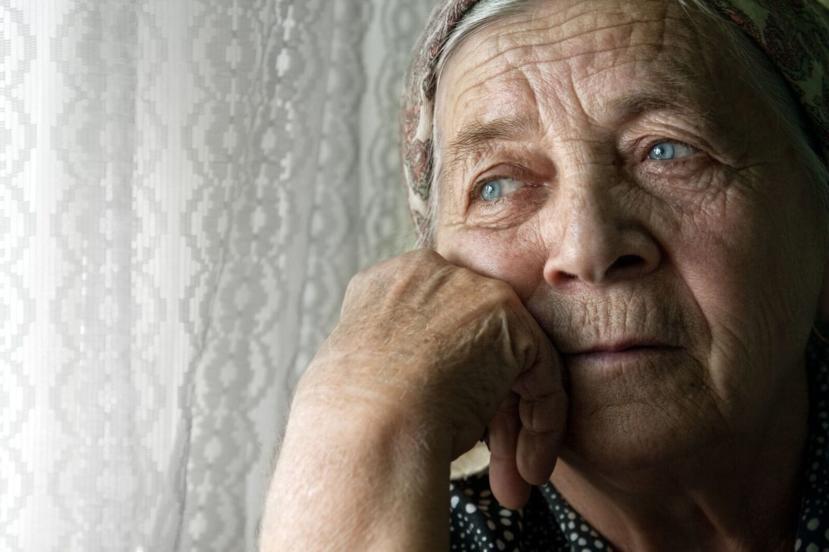Can Dehydration Cause a Lack of Appetite?

When a body doesn’t have sufficient fluids, it becomes dehydrated. Although dehydration mostly occurs during warm seasons when people work outdoors and don’t drink plenty of water, it can also happen in various situations and can be very dangerous or even fatal. Dehydration occurs in three forms. The first type, hypotonic dehydration, is caused by lower than normal sodium and electrolyte levels in the body. Hypertonic dehydration, another type of dehydration, is caused by insufficient water in the body. Isotonic, the third dehydration type, is caused by both water and electrolyte deficiency. This form of dehydration is the most rampant amongst people and is treated by ensuring that the victim gets ample water and the required electrolytes.
Dehydration Signs and Symptoms
There are various signs which show the presence of dehydration. Normally, one of the first signs is a serious headache which precedes dizziness. Serious thirst, discomfort, and lack of appetite are other initial dehydration signs. Muscle pains, especially in the legs, then follow. Other prevalent signs include sight problems, consisting blurred vision and low blood pressure. The severity of the symptoms increases as dehydration worsens. As dehydration gets more serious, respiration and heart rates also increase. Due to insufficient water in the bowel, the dehydrated individual usually becomes constipated. Other effects include loss of consciousness and cold skin. Dehydrated people also seem to have yellow-toned skin and sunken or dark eyes. Low blood pressure then occurs, and when the temperatures are high, it may lead to hyperthermia which is hazardous and can be fatal when it combines with dehydration. The heart can stop functioning due to insufficient water in the blood, thus leading to death. Symptoms of dehydration start to manifest after 2% of the normal body water volume is lost. A loss of 10% to 15% of the normal body water volume causes spastic muscles; painful and significantly reduced urination; and shriveled and wrinkled skin. Death may mostly occur when the body loses over 15% of its normal water volume.
Apart from the lack of appropriate hydration or drinking of water or other fluids, which is the most usual cause of dehydration, one can also become dehydrated as a result of many other factors. Problems associated with stress can also lead to dehydration. Causes related to stress may be comprised of low blood levels, diarrhea, excess alcohol consumption, shock, skin burns and spewing. Dehydration can also result from infectious illnesses such as cholera, yellow fever, and gastroenteritis.
Poor Appetite (Anorexia)
Poor appetite is a usual symptom in elderly people and those with advanced cancer (particularly in the colon, ovary, or pancreas) or other longstanding illnesses. Medication side effects can also cause poor appetite. Poor appetite may also affect pregnant women during their first trimester of pregnancy, and it can make them feel nauseated and eventually vomit. A reduced urge to eat causes poor appetite. Digestive system issues, infections, dehydration, and long-standing diseases are other possible causes of poor appetite.
Treatments like antibiotics, chemotherapy, and narcotic drugs are prominent causes of poor appetite. Additionally, poor appetite can result from long-term illnesses such as heart failure, a chronic obstructive pulmonary disease such as emphysema or chronic bronchitis, and hepatitis. Other causes of poor appetite include altered smell or taste sensations. Poor appetite can come and disappear or remain permanent, depending on the cause.
Poor appetite seldom causes death. Nevertheless, a poor appetite that accompanies dehydration can cause electrolyte imbalance, shock, or a prolonged state of deep unconsciousness. In case you or a loved one has serious dehydration symptoms like fainting (even for a short period), clammy skin, or reduced urination, call 911 for emergency medical attention.
















